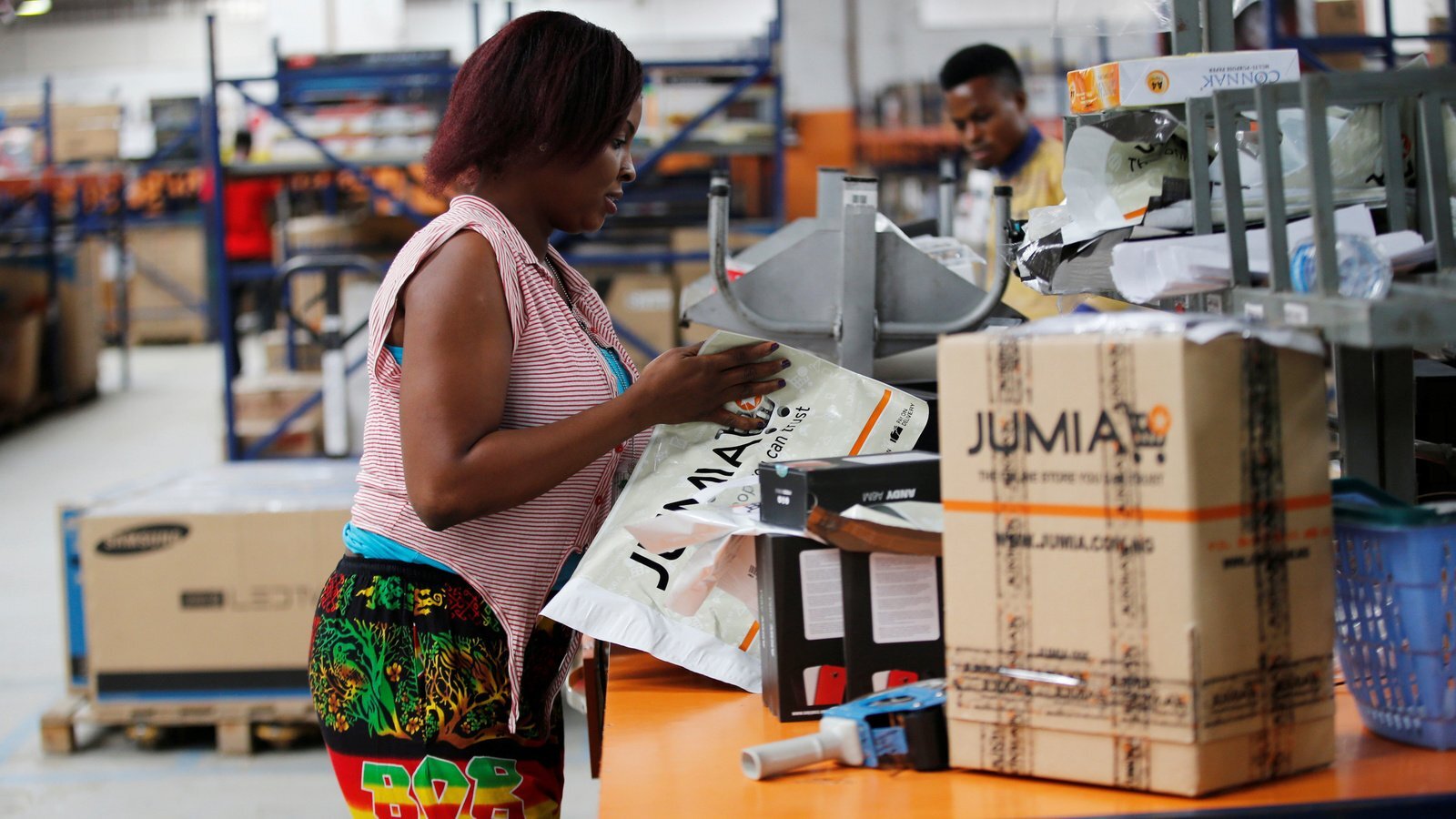News
State of play in the African e-commerce sector: the shift to everyday products
March 22, 2022Company News

By Sami Louali, EVP Financial Services, Jumia: 'the COVID-19 context acted as a catalyst for digital innovation across the entire continent, part of a broader economic transformation led by Africa’s young, urban, and tech-savvy population'.
During the last two years, we have felt the side effects that the COVID-19 pandemic has brought to our business and to e-commerce in the countries where we operate, and this happened for multiple reasons. The absence of universal lockdown policies in the countries we serve meant that consumers were not driven towards e-commerce to the same extent as they were in other parts of the world. On the other hand, localized lockdowns caused significant disruption to the domestic supply and logistics infrastructure.
These local disruptions came on top of global ones. For example, disturbances of the global cross-border logistics supply chain resulted in a significant increase in sea and air freight costs for our domestic traders and retailers (see figure 1). The capacity crunch was particularly important in Africa. The global shortage of semiconductor chips also caused a rapid price increase for many consumer electronics goods, such as TVs, as well as a simple shortfall of some of these goods.
However, in spite of the headwinds caused by COVID-19, the pandemic reinforced the relevance of e-commerce in Africa, and we believe that Jumia played a vital part in it. Our role during this period included supporting small local sellers in Uganda through Jumia Food and helping handicraft sellers in Morocco and Egypt to access the online market. We also supported restaurants in countries like Nigeria, Ghana, and Kenya with food delivery services.
In the early months of the pandemic, we witnessed a steady growth in selected categories across our platform. Jumia offers consumers a wide range of goods and services, but we observed a shift to essentials and everyday products and services – including fast-moving consumer goods product categories, groceries, home appliances, home and living products, bills payments and airtime, and digital goods in general.
In fact, the COVID-19 context acted as a catalyst for digital innovation across the entire continent. Consumers are now using e-commerce for their daily needs and for a better life, which is an important shift for the industry. This development is part of a broader economic transformation led by Africa’s young, urban, and tech-savvy population.
During the pandemic, we adapted to the new situation by investing a lot more time and resources into these product categories. We have invested in technology to make our platform more relevant to these new purchasing behaviors, and we have worked hard at shortening our delivery times on both our consumer goods marketplace and our food delivery mobile app. As a result, our delivery times improved significantly.
Our Jumia Prime subscription is also a very good illustration of our adaptation to this new context. The Prime programme enables our customers to enjoy free deliveries in many cities as well as several extra benefits (including commercial offers and discounts). The Jumia Prime programme serves our everyday products strategy by making frequent purchases with lower average ticket value cheaper and more convenient. Consequently, we have seen an increased adoption of the programme during the pandemic.
We have also partnered with multiple household brand names, such as P&G, L’Oréal, Reckitt Benckiser, Coca-Cola, Nike, and many more, across our markets to improve our catalogue and its affordability. Thanks to our partners, we have made Jumia an everyday-life online destination.
To ensure close proximity to our consumers, we have also extended our network of pick-up stations (PUS) across all markets, and we went from a few hundred to more than 1.600 since the beginning of the pandemic. PUS is key to improving convenience since our customers can easily pick up orders on their way to or back from the office. This push is strategic for us, making us more relevant and bringing us much closer to our end users. It is also a formidable way of collecting feedback and ‘embodying’ our platform. This way, we become more visible online, but also offline.
When it comes to the adoption of online payment services in our markets, it has continued to grow during the pandemic, and it comes with multiple benefits such as faster refunds in case of order cancellation or product returns. During the pandemic, we have adapted our payment platform by developing a recurring payment feature, enabling our platform to offer a streamlined payment experience. We continue to work on making the purchasing process more efficient and smoother for our customers.
Finally, we are proud to have brought together international brands, local businesses, logistics partners, and fintech players to work for the success of this new digital economy.
Read the original article on thepaypers
About Jumia
Jumia is a leading e-commerce platform in Africa. Our marketplace is supported by our proprietary logistics business, Jumia Logistics, and our digital payment and fintech platform, JumiaPay. Jumia Logistics enables the seamless delivery of millions of packages while JumiaPay facilitates online payments and the distribution of a broad range of digital and financial services.
Follow us on, Linkedin Jumia Group and X @Jumia_Group
For more information about Jumia:
Abdesslam Benzitouni
[email protected]


